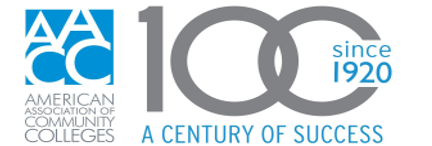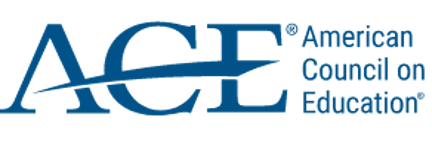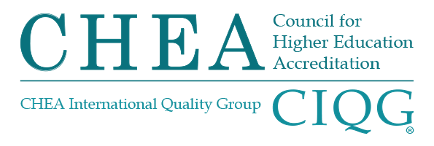Looking for something? Find it fast with the Student Aid Reference Desk.
To get started, check out the trending and suggested topics, select a term from the left to browse, or search for a term using the box above.
Trending Terms
- Return of Title IV Funds (R2T4)
- Direct Loans
- Student Aid Index (SAI)
- Pell Grant
- Institutional Eligibility
- Verification
- Program Participation Agreement (PPA)
- Cash Management
Suggested Topics
Looking for something? Find it fast with the Student Aid Reference Desk.
To get started, check out the trending and suggested topics, select a term from the left to browse, or search for a term using the box above.







